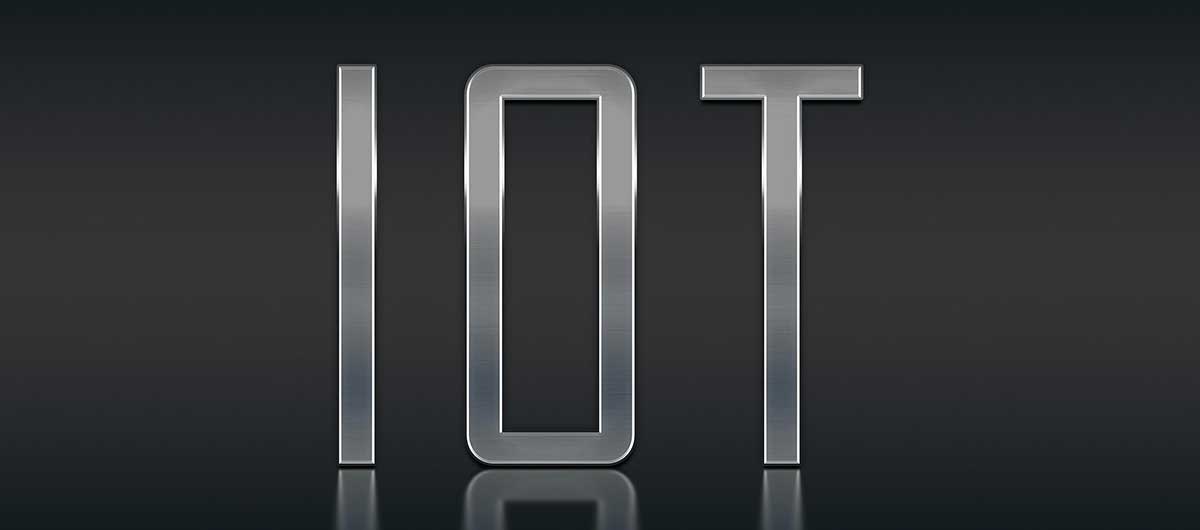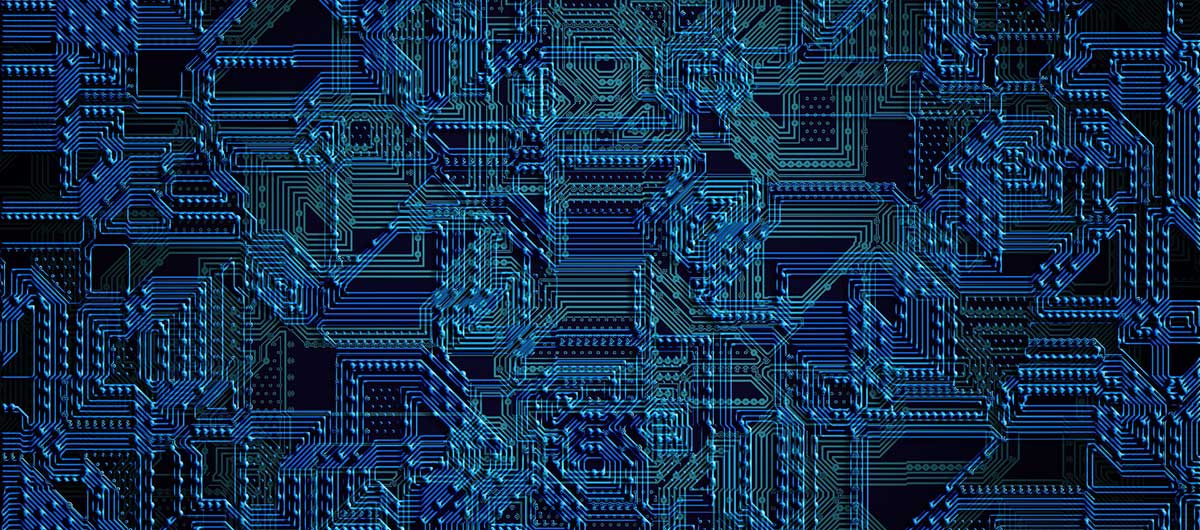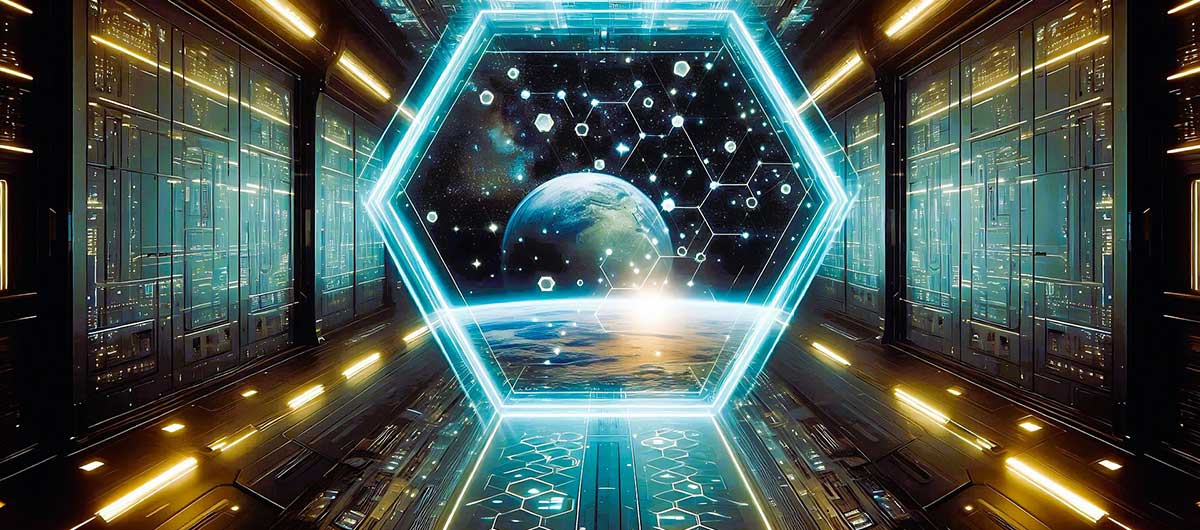Nowadays, talking about digital transformation without mentioning the Internet of Things (IoT) is practically impossible. This technology is behind many of the changes we see every day, both in how businesses operate and in our daily lives.
But what exactly is IoT? It refers to a network of physical devices—sensors, machines, vehicles, even household appliances—connected to each other and to the internet, collecting, sending, and receiving data in real time. This connectivity allows systems to respond automatically, intelligently, and—most importantly—efficiently. Today on the Befree blog, we’re diving into the Internet of Things (IoT).
Efficiency, Savings, and Smarter Decisions
The impact of IoT is especially evident in industries such as healthcare, manufacturing, logistics, and energy. In the medical field, for example, connected devices make it possible to monitor patients remotely, reducing unnecessary visits and anticipating emergencies. In factories, sensors provide real-time insights into machine status, helping to prevent failures and boost production. Logistics has also benefited: today it’s possible to track products throughout their entire journey, optimize routes, and reduce delivery times.
Anticipate, Adapt, and Innovate: The True Strengths of IoT
The real value of IoT isn’t just in task automation. Thanks to its ability to collect and analyze massive volumes of data, it enables organizations to anticipate what’s coming. Companies can identify trends, better understand their customers, and predict market behavior. In this way, they don’t just react to change—they get ahead of it. This predictive capability is vital for making strategic decisions based on real data, not assumptions.
Speed is also a key factor. With IoT, many decisions can be automated and executed within seconds. For example, a logistics system can reroute in real time in response to a traffic jam or a shift in demand. This ability to instantly adapt offers a huge competitive edge. And when combined with technologies like artificial intelligence, 5G, or edge computing, agility increases exponentially: data is processed faster and closer to its source, allowing for near-instant, more accurate responses.
In addition to these technical capabilities, IoT also drives innovation. By gaining deeper insights into users, companies can design more personalized products and services. This not only enhances the customer experience, but also opens up new business opportunities. And when used strategically, it can even reduce costs and promote sustainability by optimizing the use of energy and resources.
As this technology evolves, more industries are joining the movement. From smart cities that manage traffic and public lighting to the automotive sector with autonomous and connected vehicles, IoT continues to expand its reach. What once seemed like science fiction is now part of our everyday lives.
The Internet of Things doesn’t just connect devices—it connects decisions, streamlines processes, and transforms industries. Its impact is real, tangible, and growing. Organizations that know how to harness it will be better prepared for both the present and the future.






